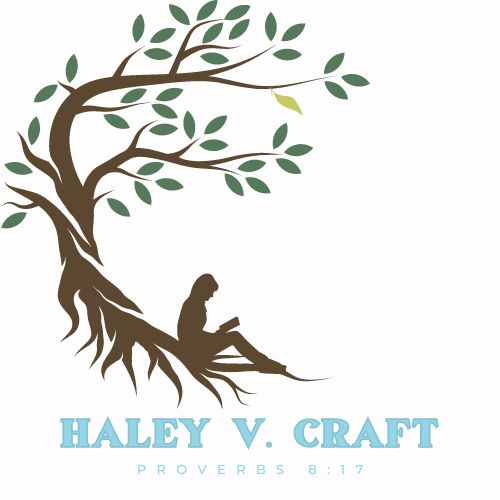Now the LORD spoke to Moses, saying, “Tell the sons of Israel to turn back and camp before Pi-hahiroth, between Migdol and the sea; you shall camp in front of Baal-zephon, opposite it, by the sea. For Pharaoh will say of the sons of Israel, “They are wandering aimlessly in the land; the wilderness has shut them in.’ Thus I will harden Pharaoh’s heart, and he will chase after them; and I will be honored through Pharaoh and all his army, and the Egyptians will know that I am the LORD,” And they did so.
—Exodus 14:1-4
This week, as I tried to find my way home from an area I wasn’t familiar with, I was reminded of a lesson I learned as a young-and-dumb 20-something. When I got my first teaching job I moved into a duplex in a subdivision that was a big circle. And for the longest time, I insisted on turning right.
The house me and my roommate lived in was to the right as the crow flies, so I thought it was the fastest way to get home. No matter how many times my roommate told me it wasn’t the fastest way, I didn’t believe her because turning to the left just didn’t make sense when you’re trying to go to the right.
It was so uncomfortable for me when I finally came to terms with the fact that whether or not it made sense to me, turning left was the faster way home. It felt like I was being forced to play opposite day every time I drove home.
When we come to Exodus 14, we find something else happening that doesn’t seem to make any sense. God leads the Hebrews to a dead end. And the kicker is He knows from the beginning that trouble is on it’s way.
If a human intentionally led people to a dead end knowing they were being pursued, we’d call that bad leadership. And that’s exactly what the Hebrews said. In verses 11-12, the people tell Moses, “Is it because there were no graves in Egypt that you have taken us away to die in the wilderness? Why have you dealt with us in this way, bringing us out of Egypt? Is this not the word that we spoke to you in Egypt, sayings, ‘Leave us alone that we may serve the Egyptians’” For it would have been better for us to serve the Egyptians than to die in the wilderness.”
From the perspective of the people, it made no sense for them to be taken out of slavery to die a few days later on the edge of the Red Sea. They were already going the roundabout way to the promised land, and now they were stuck beside the sea while the Egyptians pursued them.
If I put myself in their shoes, on top of feeling afraid and confused, I’d also feel betrayed. Hopeless. Helpless. If it wasn’t for that giant pillar of cloud and fire, I’d probably feel abandoned by God. This is one of the times when I really identify with the knuckleheads of Israel.
But here’s the thing, I think there’s a problem with their way of thinking at this moment. Biblically speaking, their priorities were wrong. And just like it was uncomfortable for me to admit I needed to turn left in order to go right in my old neighborhood, we’ve got to face a rather uncomfortable truth to correct it:
We as humans generally care about physical well-being and safety, but God prioritizes spiritual health and growth.
We see this clearly in James 1:2-4: “Consider it all joy, my brethren, when you encounter various trials, knowing that the testing of your faith produces endurance. And let endurance have its perfect result, so that you may be perfect and complete, lacking in nothing.”
If we had our way, I’m betting we’d all choose to avoid the trials and testing and miss out on the spiritual growth that comes with it. But those priorities directly contradict God’s priorities.
It makes sense if you think about it on a logical level. The physical is temporary. The spiritual is eternal. The spiritual should take precedence over the physical, but emotionally that’s hard to accept.
I think every Christian has at least one thing about the faith they struggle to understand and accept. This is mine. Or at least one of them. I’ve always struggled with praying with faith. It’s not that I think God can’t handle my requests. I’m just exceptionally aware that He might choose not to grant them.
As I read these passages about Israel and the early church, I see myself in their protests. All the times I prayed because I was worried about finances or health problems, I was focusing on the physical rather than the spiritual. And it got me nowhere.
I pray that this week, we’ll choose to start shifting our focus and aligning our priorities with God’s. Rather than focusing on the challenges cresting the hill, let’s choose to see the pillar of fire next to us and look forward to finding out what He’s going to do.






0 Comments